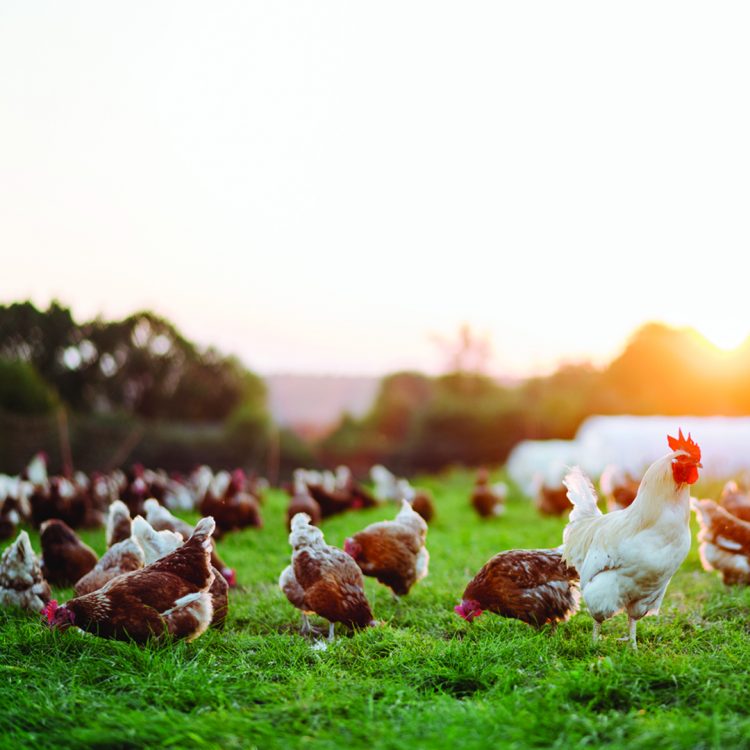Are animal products truly free range or grass fed?


The U.S. Department of Agriculture (USDA) is implementing a multi-step effort, aimed at strengthening the substantiation of animal-raising claims. This action builds on the work the USDA has already undertaken, to protect consumers from false and misleading labels.
“Consumers should be able to trust that the label claims they see on products bearing the USDA mark of inspection, are truthful and accurate,” said secretary Tom Vilsack.
Animal-raising claims, such as “grass-fed” and “freerange,” are voluntary marketing claims that highlight certain aspects of how the source animals for meat and poultry products are raised. These claims must be approved by the USDA’s Food Safety and Inspection Service (FSIS), before they can be included on the labels of meat and poultry products sold to consumers.
The FSIS has received several petitions, comments and letters from a wide range of stakeholders, asking the agency to re-evaluate its oversight of animal-raising claims, specifically, how they are substantiated. In addition, the veracity of “negative” antibiotics claims (“raised without antibiotics” or “no antibiotics ever”) has come into question.
In partnership with the USDA’s Agricultural Research Service (ARS), the FSIS will conduct a sampling project to assess antibiotic residues in cattle destined for the “raised without antibiotics” market. The results of this project will help inform whether the FSIS should require that laboratory testing results be submitted for the “raised without antibiotics” claim or start a new verification sampling program.
They will also issue a revised industry guideline, to recommend that companies strengthen the documentation they submit to the agency to substantiate animal-raising claims. The agency plans to strongly encourage use of third-party certification to verify these claims.
Together, these actions will be used to guide potential rulemaking on animal-raising claims.




